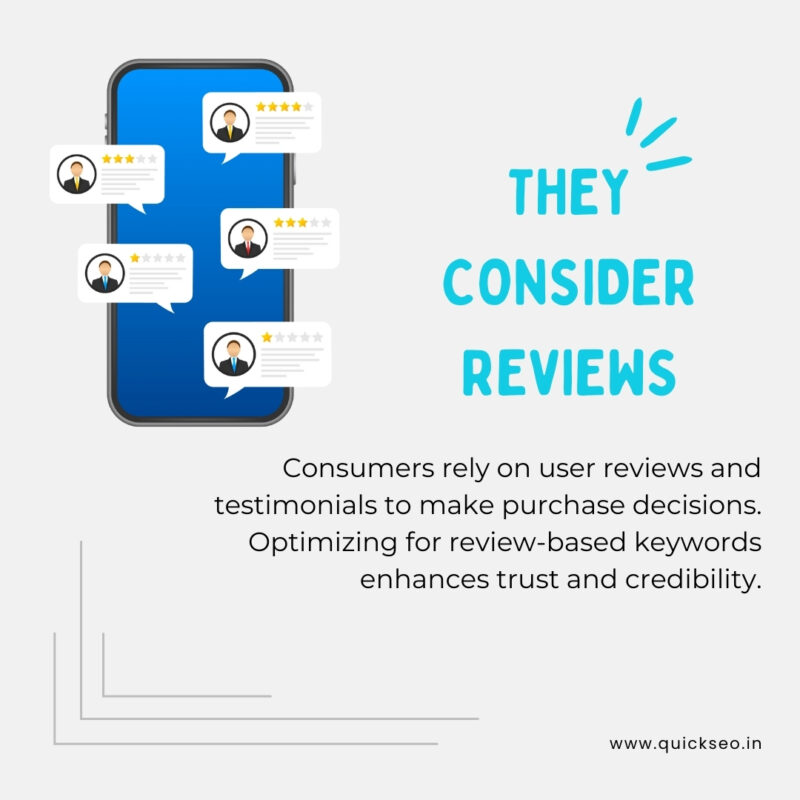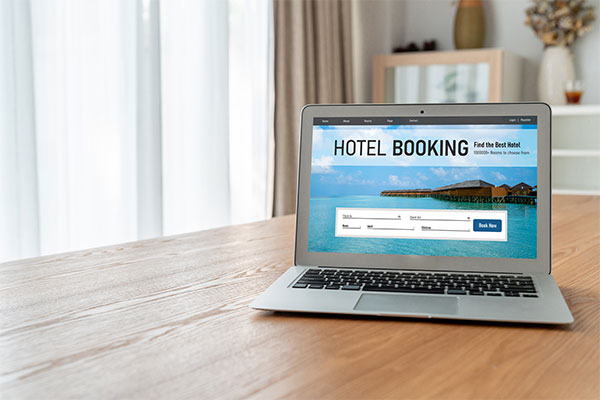
The hospitality industry in India is undergoing a rapid digital transformation—and Tier 2 cities are leading the next wave of growth. With increasing urbanization, improved infrastructure, and rising disposable incomes, cities like Indore, Bhopal, Surat, Guwahati, Mysore, and Kochi are emerging as hotbeds for both domestic and international tourism.
But as more hotels open and competition stiffens, how can independent hotels, boutique properties, and local chains stand out? The answer lies in a highly targeted digital strategy: Hyperlocal SEO for Hotels.
Unlike traditional SEO, hyperlocal SEO focuses on micro-geographic optimization—helping hotels rank for searches tied to specific neighborhoods, landmarks, and intent-driven queries like “best budget hotel near Surat railway station” or “family hotel near Mysore Palace.”
This comprehensive guide will walk you through what hyperlocal SEO is, why it’s crucial for hotels in Tier 2 Indian cities, and how to build and execute a winning strategy that gets your hotel seen, booked, and remembered.
What is Hyperlocal SEO for Hotels?
Hyperlocal SEO is the practice of optimizing your online presence to target very specific local queries, often based on neighborhoods, landmarks, pin codes, or local intent. While local SEO focuses on city-wide reach, hyperlocal SEO drills down to street-level relevance.
For example:
- Local SEO: “Hotels in Dehradun”
- Hyperlocal SEO: “Pet-friendly hotels near Rajpur Road Dehradun”
For hotels, this means capturing guests exactly when and where they are searching—usually on mobile, and often just before making a booking decision.
Why Hyperlocal SEO Is Critical for Tier 2 City Hotels
1. Mobile-First Travelers Use “Near Me” Searches
Most hotel-related searches today are done on mobile devices. Google reports that “near me” searches have grown over 200% in recent years, especially for terms like:
- “Hotel near bus stand”
- “Luxury hotel near [landmark]”
- “Budget hotel in [locality]”
If your hotel doesn’t appear in these hyperlocal queries, you’re missing out on high-intent guests ready to book.

2. Less Competition, Higher Ranking Potential
Tier 2 cities typically have fewer hotels investing in digital marketing. This gives early adopters a first-mover advantage—ranking higher with less effort than in saturated metro markets.
3. Local Tourism and Staycations Are on the Rise
Post-pandemic, there’s a significant surge in local travel. Weekend getaways, pilgrimages, and business travel are fueling bookings in Tier 2 cities, especially through hyperlocal search patterns.
Visit: programmatic advertising to fill your hotel vacancies
Core Elements of a Hyperlocal SEO Strategy for Hotels
Let’s break down the components of a successful hyperlocal SEO strategy:
1. Google Business Profile Optimization
Your Google Business Profile (formerly Google My Business) is your digital storefront—and a cornerstone of hyperlocal visibility.
Must-Have Optimizations:
- NAP Consistency: Ensure Name, Address, and Phone Number are the same across all platforms.
- Categories: Choose accurate categories like “Boutique Hotel,” “Budget Hotel,” or “Family Hotel.”
- Local Landmarks in Description: Mention proximity to local hotspots—e.g., “Just 2 minutes from Mysore Palace.”
- Photos & Videos: Regularly update with room images, 360° views, and amenities.
- Q&A Section: Monitor and answer questions regularly.
- Reviews: Encourage satisfied guests to leave reviews and respond to them publicly.
Pro Tip: Use keywords naturally in your hotel description—e.g., “Our hotel near Charminar offers deluxe AC rooms with complimentary breakfast.”
2. Hyperlocal Keyword Research
Instead of broad terms like “hotels in Lucknow,” focus on micro-location keywords your audience is likely searching for.
Examples:
- “Affordable hotels near Gomti Nagar”
- “Best hotels near Rajkot Airport”
- “Hotel with parking near MG Road Kochi”
Tools to Use:
- Google Keyword Planner
- Ubersuggest
- SEMrush
- Google Autocomplete
- Google Trends
- “People also ask” and “Related searches” section on SERPs
Build your content and meta tags around these hyperlocal terms.

3. Location-Specific Landing Pages
If your hotel chain operates in multiple Tier 2 cities or even across neighborhoods within a city, create dedicated landing pages.
Structure:
- yourhotel.com/hotels-in-indore
- yourhotel.com/hotel-near-lbs-college-jodhpur
Each page should include:
- Unique meta titles and descriptions
- Embedded Google Map
- Local images
- Schema markup
- Internal links to room types, offers, and contact
Need help building high-converting location pages? Our web design team at Adzmode crafts fast, mobile-first hotel websites built to rank and convert. Explore the best web design company in India today!

4. On-Page SEO with Local Relevance
Key On-Page Elements to Optimize:
- Title Tags & Meta Descriptions: Use target hyperlocal keywords.
- Header Tags (H1, H2): Include the location, e.g., “Best Hotel Near Guwahati Railway Station”
- Content: Talk about nearby places, things to do, and local attractions.
- Alt Text: Add descriptive location-based alt text to images.
- Internal Linking: Link to related pages—e.g., “View our rooms in Sector 7, Chandigarh.”
5. Structured Data & Schema Markup
Adding local business schema helps search engines better understand your hotel’s location, offerings, and reviews.
Use schema types like:
- Hotel
- LocalBusiness
- LodgingBusiness
You can test your schema using Google’s Rich Results Test or Schema.org Validator.
6. Citations and Local Listings
List your hotel in local and travel directories with consistent NAP info. This builds credibility and helps your site rank better.
Indian Hospitality Directories:
- Justdial
- Sulekha
- TripAdvisor
- MakeMyTrip
- Yatra
- Goibibo
- FabHotels (if eligible)
Also add to:
- Facebook Business
- Bing Places
- Apple Maps
7. Localized Blog Content
Publishing blog posts with hyperlocal relevance can help you target long-tail keywords and improve domain authority.
Blog Ideas:
- “Top 5 Attractions Near [Your Hotel Name]”
- “Why Our Hotel is Perfect for Business Travelers in Ludhiana”
- “Best Street Food Near Our Hotel in Nagpur”
Use internal links to push traffic to booking pages and location landing pages.
8. Mobile Optimization and UX
Most hyperlocal hotel searches happen on smartphones. Ensure your website:
- Loads in under 3 seconds
- Is mobile responsive
- Features click-to-call buttons
- Has a visible “Book Now” CTA
Includes easy access to maps and directions. Ready to dominate local search in your city? Our team at Adzmode specializes in digital marketing services for hotels across India—with proven strategies to help you attract more guests, grow direct bookings, and build a standout online presence.

9. Voice Search Optimization
With the rise of voice assistants, optimize for natural-language queries.
Examples:
- “Hey Google, find a hotel near Dussehra Maidan Indore”
- “Best hotel with free breakfast near Digha beach”
Focus on conversational keywords and FAQs formatted in Q&A style.
10. Encourage Hyperlocal Reviews
The more reviews your hotel has that mention specific areas or attractions, the better for hyperlocal relevance.
Ask happy guests to include:
- Neighborhood names
- Nearby places they visited
- Unique features (e.g., rooftop view of Laxmi Vilas Palace)
Example Review:
“Loved our stay at [Hotel Name], just a 5-minute walk from the beautiful Fatehsagar Lake in Udaipur!”
Common Hyperlocal SEO Mistakes to Avoid
- Keyword stuffing with city names
- Inconsistent NAP across directories
- Using stock content for multiple location pages
- Ignoring mobile experience
- Failing to track and update listings regularly
Visit: benefits of local seo
How to Measure Hyperlocal SEO Success?
Key Metrics:
- Google Business Insights (views, actions, direction requests)
- Clicks and CTR on hyperlocal landing pages
- Organic rankings for local keywords
- Number of calls and form fills from mobile
- Increased bookings through direct website traffic
Use Google Search Console, Google Analytics, and Google Maps performance to monitor.
Conclusion:
With rising digital adoption, local travel trends, and the increasing demand for authentic, convenient stays, Hyperlocal SEO for Hotels in Tier 2 Indian cities is no longer optional—it’s essential.
If your hotel is not showing up when a traveler searches “hotel near railway station in Jabalpur” or “AC room in Civil Lines Prayagraj,” you’re losing bookings to competitors who are better optimized. From Google Business Profile optimization to hyper-targeted content and local landing pages, there’s a goldmine of opportunity for hotels that get it right.
Share Your Project Requirements With Us






